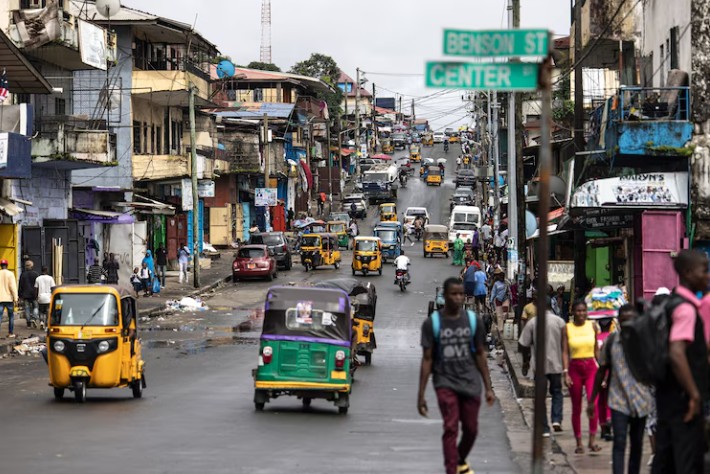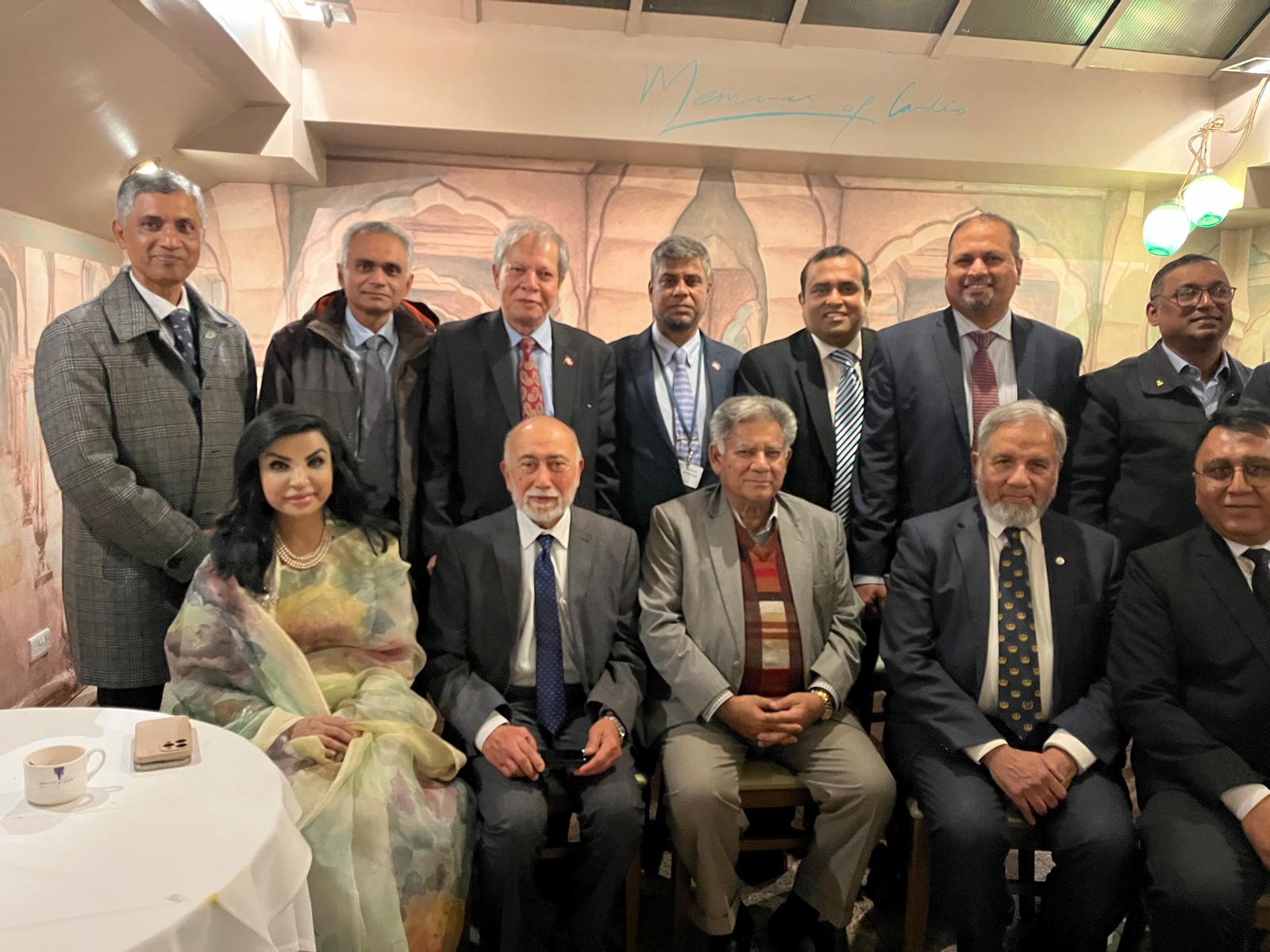search the site
How the effort to resettle formerly enslaved Black Americans created Liberia

The landscape looks like many places in the United States. Yellow school buses wend their way through streets with familiar names like Johnson and McDonald. There is a Masonic temple, structures that resemble those in the American South and even a flag – complete with a star and stripes — that resembles Old Glory.
But this is not America. It’s Liberia, a small nation.
Before the American Civil War, many formerly enslaved people and their descendants lived in the U.S. Some white religious groups believed these individuals could never be truly free in a segregated society, prompting them to support a movement for expatriating free Black people. In 1816, the American Colonization Society, or ACS, was formed to pursue this goal.
“They aimed to form a colony in Africa and to have free Blacks who chose to go to leave and go to Liberia,” C. Patrick Burrowes, Historian of Liberia, told ABC News. “They were joined by people who were politicians and who thought that the repatriation of Blacks to Africa was important to preserve stability in the U.S. About as long as free Blacks were here, that would influence those who were enslaved, and those who were enslaved might rebel.”
The ACS purchased land in Africa, naming it “Liberia,” which means “the land of the free.” Its capital, Monrovia, is named after U.S. President James Monroe.
It is estimated that approximately 15,000 freed Black Americans resettled in Liberia. They began building a country based on their knowledge, overcoming challenges from the local population.
Among those who would make the journey was William D. Coleman, a boy who had grown up on the Wardlaw Plantation in Fayette County, Kentucky.
James Wardlaw’s will stipulated that upon his death, he wanted freedom and safe passage for William and his mother and uncle and all enslaved people on his property, provided they emigrated to Liberia.
Burrowes states that records show that in 1853, William, his mother Ellen, and an uncle boarded a ship in Baltimore and set sail for Liberia.
“Life was rough because you’re coming into a place that’s new,” Burrowes said. “Certainly not as rough as it would have been on a plantation. And now you’re working for yourself.”
ABC News visited what has been dubbed “Kentucky in Africa,” where relics of the past still stand to this day. During the visit, we met the Colemans’ direct descendants.
“From the time they came in, they started fashioning things after the U.S., the flag, everything,” Martin Coleman said. “The structures on Jefferson’s plantation or Madison’s plantation were not built by Jefferson himself. He might have designed them, but the actual enslaved people were the ones who built them. So they had those skills.”
In 1847, at a Baptist church, Liberians signed their own Declaration of Independence. William D. Coleman, born enslaved on an American plantation, eventually became the nation’s 13th president.
The Colemans’ search for freedom would not end there.
Decades later, during the brutal Liberian Civil War, a portion of the family chose to flee the violence by returning to America.

“I don’t think anybody ever planned to come back, you know,” James Coleman said. “But when the coup took place, thank God we had a place of refuge. And we can come back to, you know, and settle again and try to start all over… But, yeah, I mean, America and Liberia always had a very close relationship; it’s a full cycle.”
Every year, the Colemans hold a big family reunion. What began in 1998 as a small core gathering of Colemans has now blossomed into a massive event, with as many as 300 American and Liberian Colemans attending, reaching across two continents and several U.S. states.
“We hope that they don’t get mixed up and don’t know who they are,” 93-year-old Genevieve Coleman-Garnett said. “We wanted them to know who they were and where they came from.”
The descendants of William D. Coleman had an opportunity to reflect on their shared legacy and give back. They also created a foundation aimed at rebuilding the nation that granted them liberty.
“You know, life is better here, you know, than it is over there,” James Coleman said. “We got to continue to work, though. And remember, we know who we are, why we came where we came from, and do what we can to help the situation over there.”
source : abcnews


















